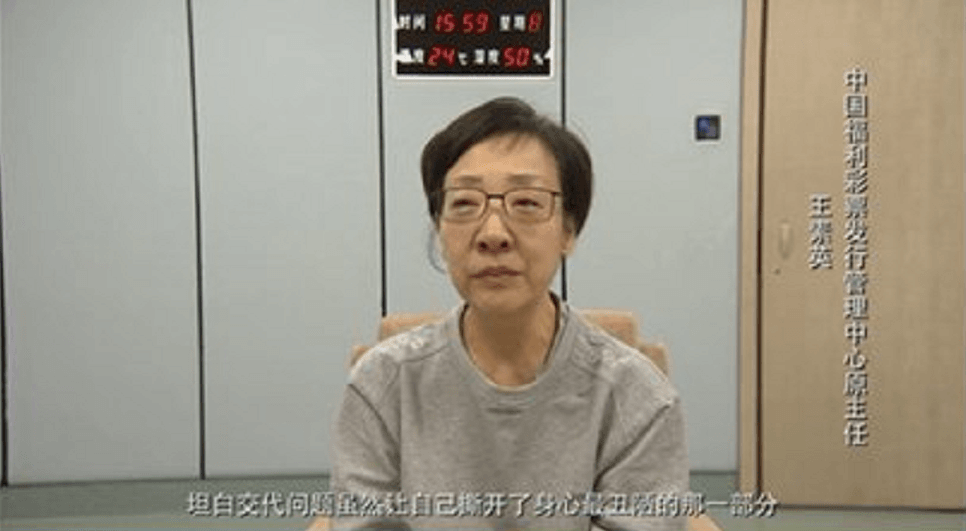Top Chinese Lottery Officials Paraded After Possible $20 Billion Embezzlement
Posted on: November 16, 2018, 06:02h.
Last updated on: November 16, 2018, 06:02h.
Fourteen Chinese lottery officials are rumored to have siphoned off $20 billion from the state-owned Welfare Lottery.

On November 9, the Chinese Communist Party’s internal disciplinary agency published videos on its website showing four senior lottery officials confessing to the embezzlement of an undisclosed amount of money from the lottery fund, while expressing remorse for their actions.
Subsequent reports in the Chinese media suggested that a total of 14 people had been involved in the crime and cited the extraordinary $20 billion figure.
The Central Commission for Discipline Inspection (CCDI) later confirmed that 14 were under investigation but denied as much as $20 billion had been stolen, adding that exact figures were “inconvenient” to publish at this time.
Chinese media has said that, based on available data, $20 billion is possible if the embezzlement took place over a number of years.
Quarter of Funds Misappropriated
The Welfare Lottery is huge. Played by some 300 million people, it generated more than $31 billion in revenues last year, which are intended to go to help the orphans, the elderly, people with disabilities, and the poor. Along with the Sports Lottery, it is the notable exception to mainland China’s blanket ban on gambling.
The lottery fund is made up of the pennies donated by lottery players. How would our hundreds of millions of lottery players react if management of the funds is problematic?” state discipline inspector Gong Tanghua asked during the taped confessions, according to The Times.
In 2015, a national audit examined a sample sum of $7 billion worth of lottery funds over a three-year period and found that a quarter had been misappropriated.
Threat to the Party
China’s President Xi Jinping has waged war on corruption since taking office in 2012, saying it threatens the very survival of the Communist Party. Graft has long been endemic in Chinese politics, but Xi’s “corruption crackdown” is also used as a convenient pretext to eliminate political opponents.
Scores of senior party officials from the government, the military, and state-owned enterprises have been arrested and handed lengthy prison terms over the past few years.
Recent prominent figures to have been caught up in the crackdown include former Internet czar Lu Wei, the architect of China’s “Great Firewall” online censorship program, and Meng Hongwei, who was head of Interpol until he was detained in China in September.
In October, China’s chief official in Macau, Zheng Xiaosong, was reported to have died after falling from a building. While Macau Police said they did not suspect foul play, BBC China reported that seven Chinese officials had fallen from buildings this year alone, six with fatal consequences.
No comments yet